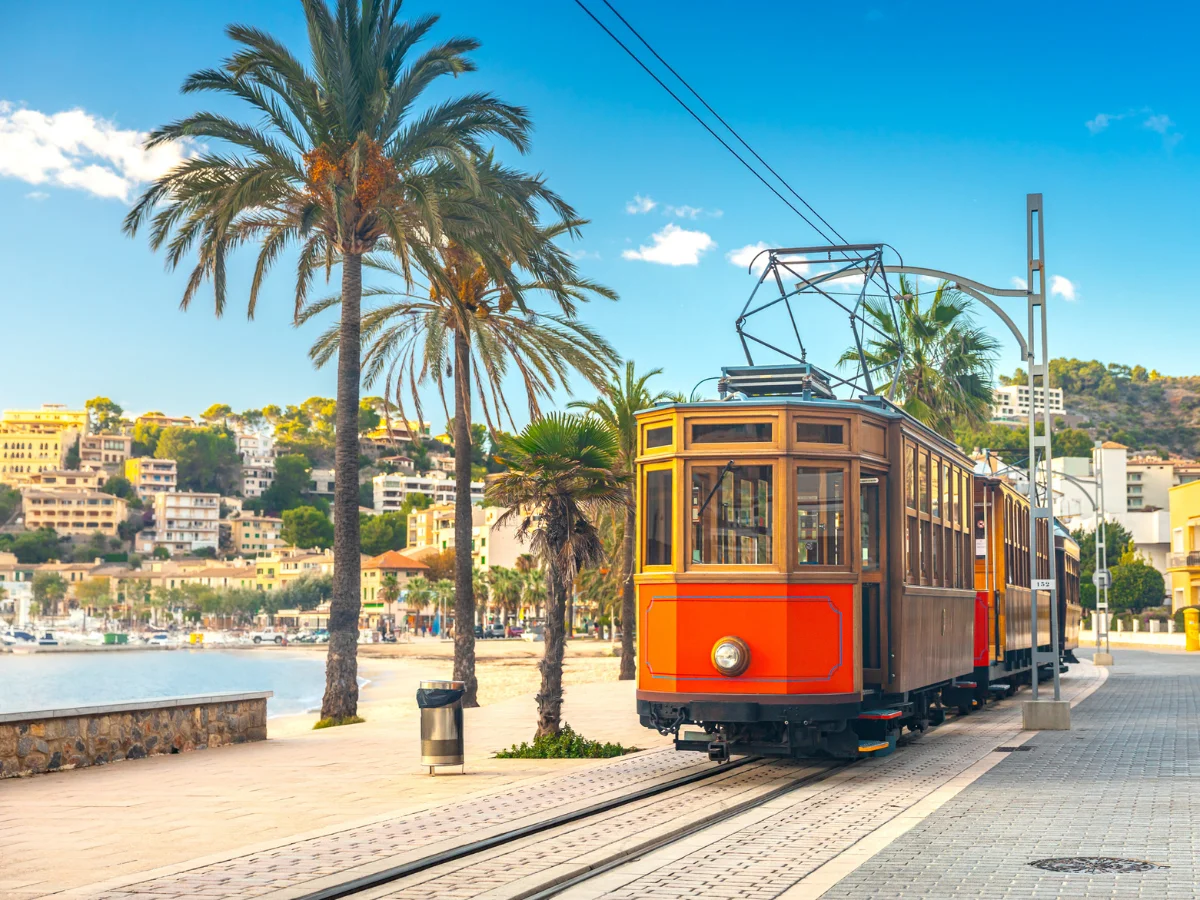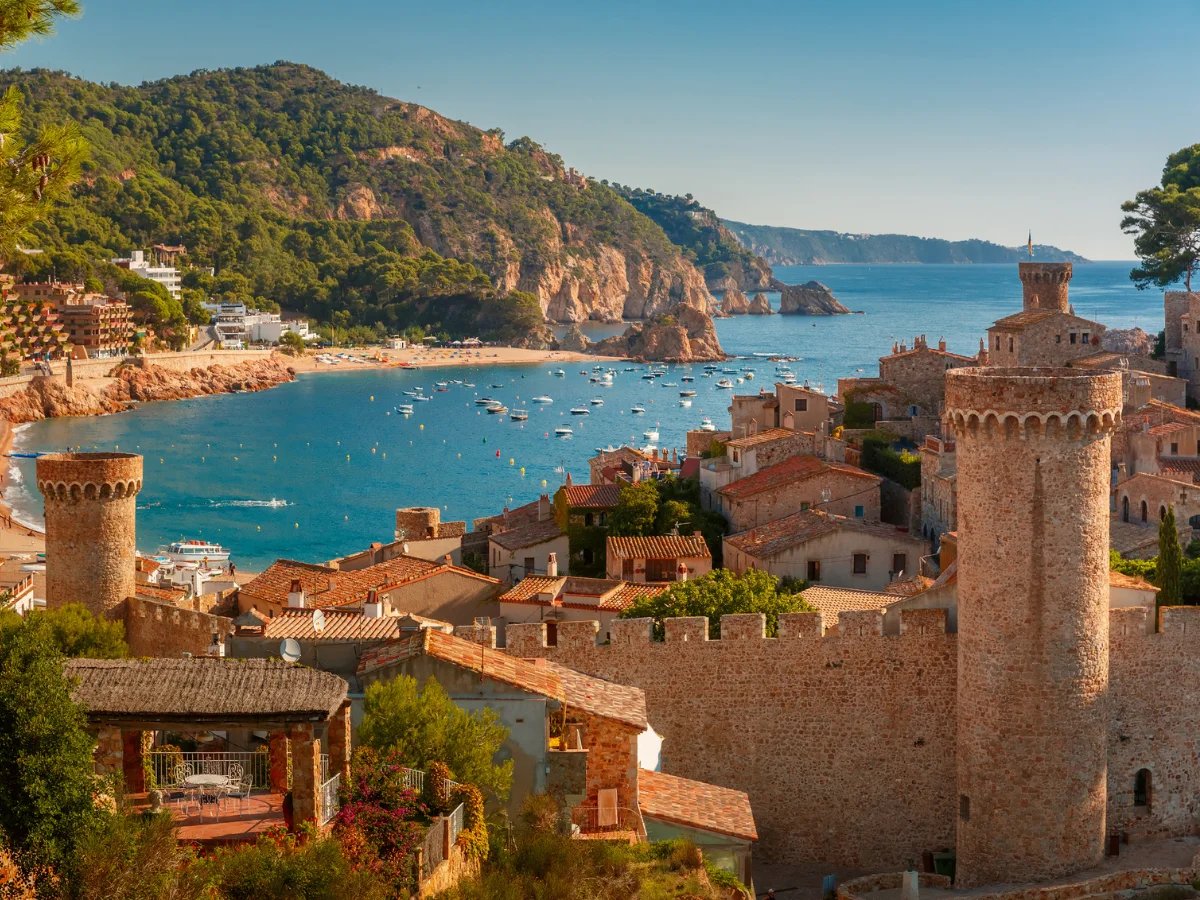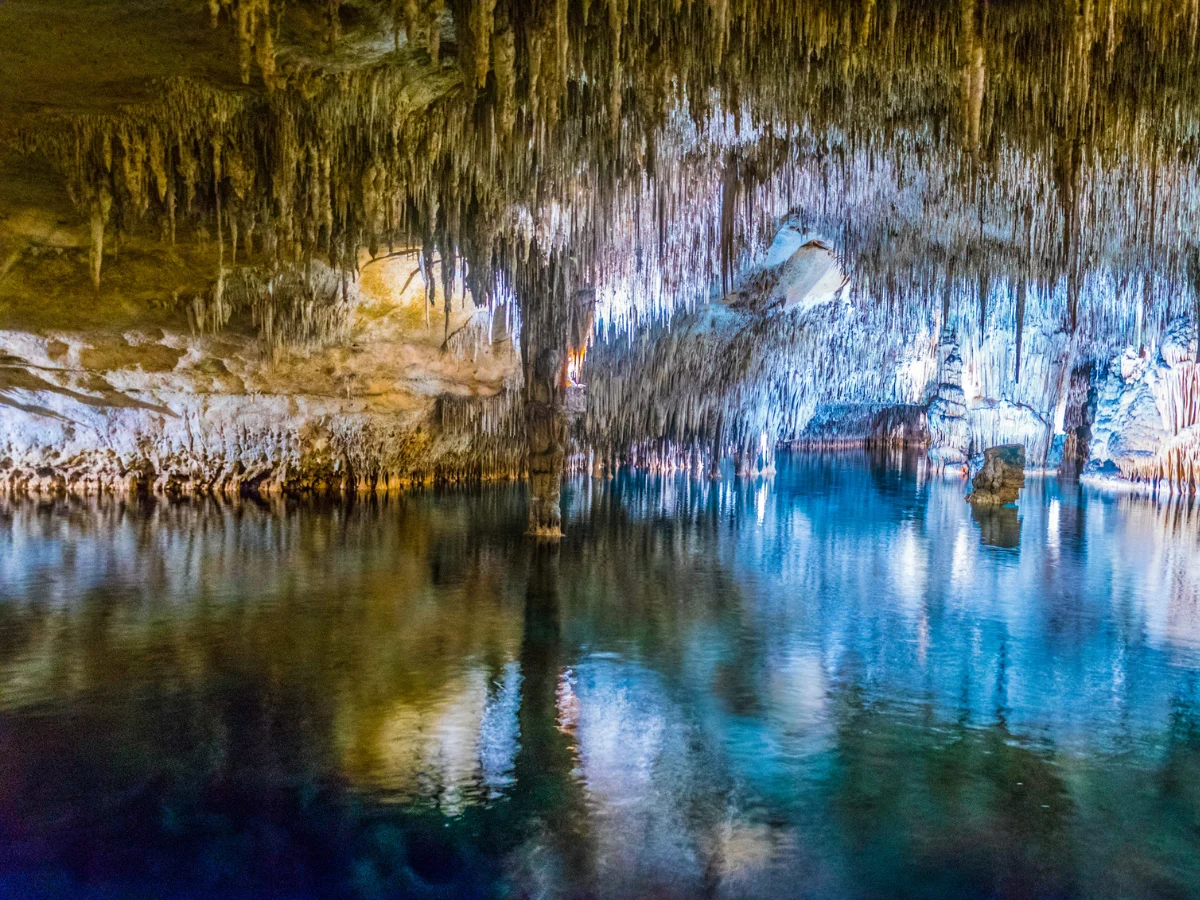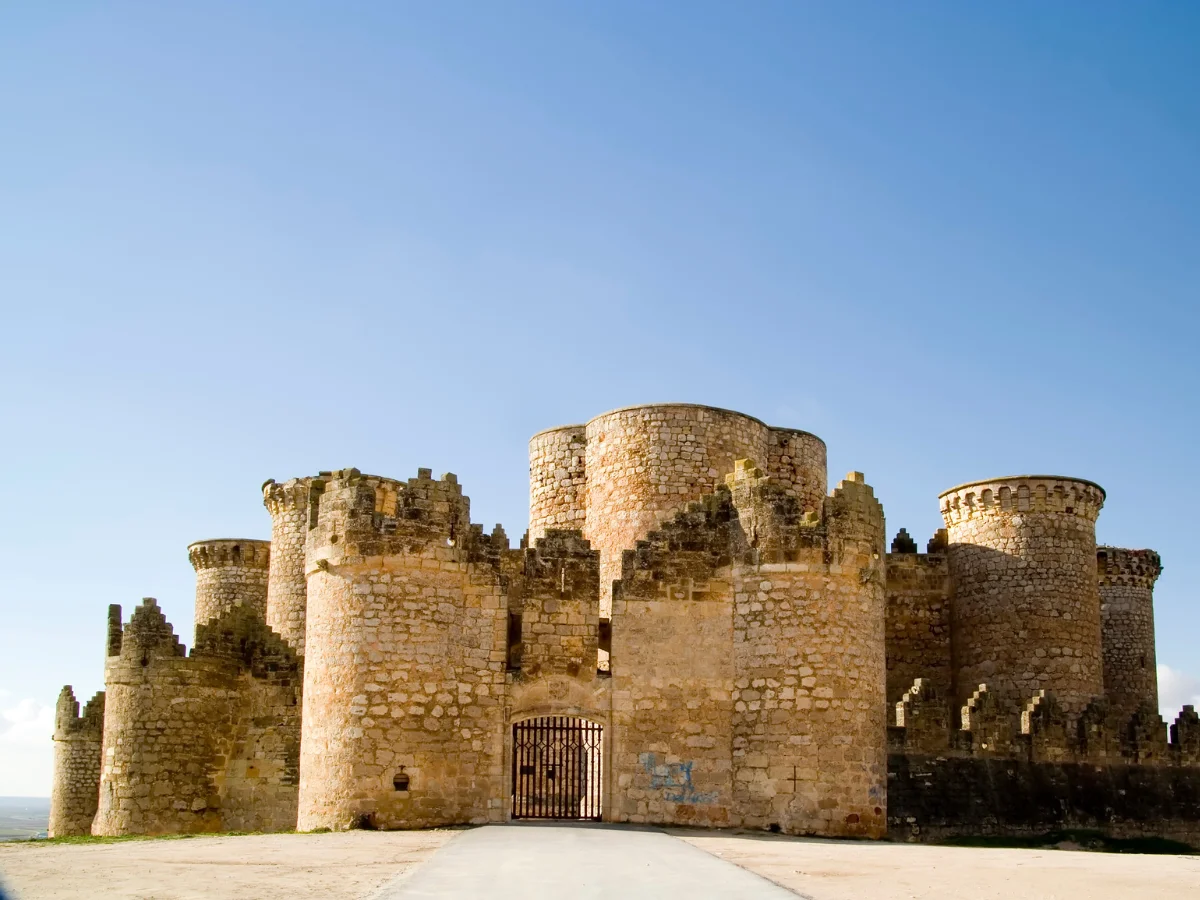The Kingdom of Navarre
The Kingdom of Navarre, rooted in the northern Iberian Peninsula, flourished from the 9th century. Expanding through strategic alliances and conquests, it wielded considerable influence. Navarre’s rulers patronized arts, fostering cultural renaissance. They played a significant role in the Reconquista, reclaiming territories from Moorish rule. Dynastic unions with neighboring kingdoms led to integration into modern Spain. Despite losing independence, Navarre retained distinct legal privileges.

Ancient Spain: The Kingdom of Navarre
Introduction: Navarre’s Historical Significance
The Kingdom of Navarre, nestled in the northern region of the Iberian Peninsula, holds a storied place in the annals of Spanish history. From its inception in the early Middle Ages to its eventual incorporation into modern Spain, Navarre wielded considerable influence, both domestically and internationally.
Early Origins and Expansion
Founded in the 9th century by Íñigo Arista, Navarre began as a small kingdom centered around the city of Pamplona. Over time, through strategic marriages and military conquests, Navarre expanded its territory to encompass regions such as Aragon, Gascony, and parts of modern-day France. This expansionist policy bolstered Navarre’s power and prestige, establishing it as a formidable force in medieval Spain.
Cultural and Political Dynamism
Navarre’s geographical position at the crossroads of Christian and Muslim territories fostered a rich cultural and political exchange. The kingdom served as a melting pot of diverse influences, blending elements of Christian, Islamic, and Jewish traditions. Navarre’s rulers, such as Sancho III “The Great,” patronized the arts, literature, and architecture, contributing to a flourishing cultural renaissance.
The Navarrese Monarchs
Throughout its history, Navarre was ruled by a succession of monarchs who left an indelible mark on the kingdom’s destiny. Figures like Sancho III and his successors, such as Sancho VI “The Wise” and Joan II, navigated the complex web of alliances and rivalries that characterized medieval Europe. Their diplomatic skill and military prowess allowed Navarre to assert its independence and carve out a distinct identity amidst the shifting tides of history.
Navarre’s Role in the Reconquista
Navarre played a significant role in the Reconquista, the Christian reconquest of the Iberian Peninsula from Moorish rule. Its armies, led by monarchs like Sancho Garcés III, engaged in campaigns to reclaim territories from Muslim rulers, contributing to the gradual expansion of Christian hegemony. The conquest of Zaragoza in 1118 marked a notable victory for Navarre and solidified its position as a key player in medieval Spain.
The Kingdom of Navarre: A Jewel of Ancient Spain
Union and Integration
In the late Middle Ages, Navarre entered into a series of dynastic unions with neighboring kingdoms, such as Aragon and Castile. These alliances, forged through strategic marriages and political maneuvering, aimed to bolster Navarre’s security and stability in the face of external threats. However, these unions also marked the beginning of Navarre’s gradual integration into the emerging Spanish state.
Navarre in Modern Spain
By the 16th century, Navarre had become a constituent part of the Kingdom of Spain, following its incorporation into the Spanish crown under Ferdinand II of Aragon and Isabella I of Castile. Despite losing its independent status, Navarre retained a degree of autonomy through its distinctive legal and administrative institutions, known as the “fueros.” These privileges granted Navarre a unique status within the Spanish monarchy, preserving aspects of its cultural and political heritage.
Legacy and Heritage
The Kingdom of Navarre’s legacy endures in the cultural, linguistic, and architectural heritage of modern Spain. Its medieval castles, churches, and palaces serve as tangible reminders of Navarre’s illustrious past, attracting visitors from around the world. Additionally, Navarre’s cultural contributions, such as its language, literature, and traditions, continue to enrich the tapestry of Spanish identity, highlighting the enduring impact of this once-great kingdom on the course of history.



